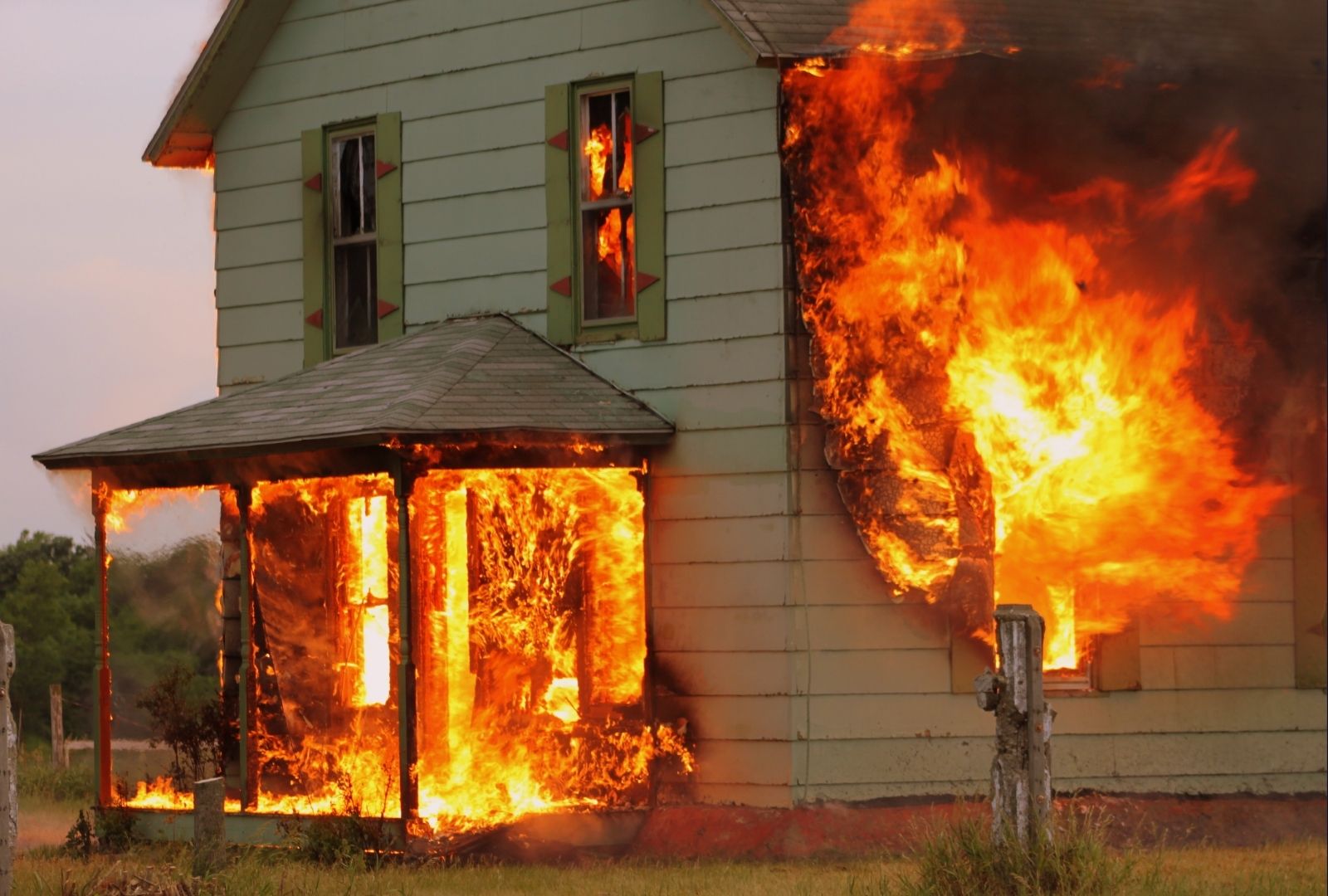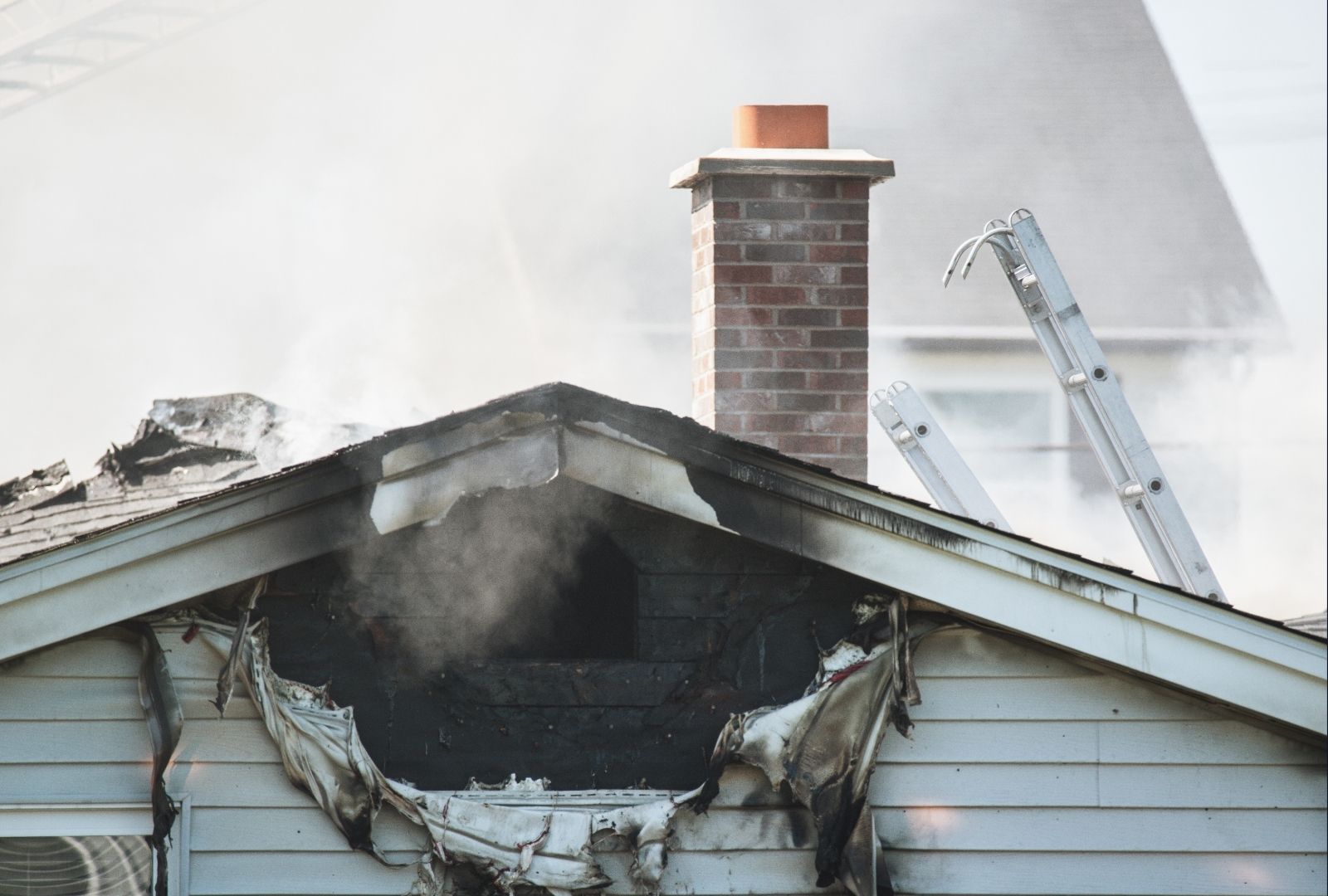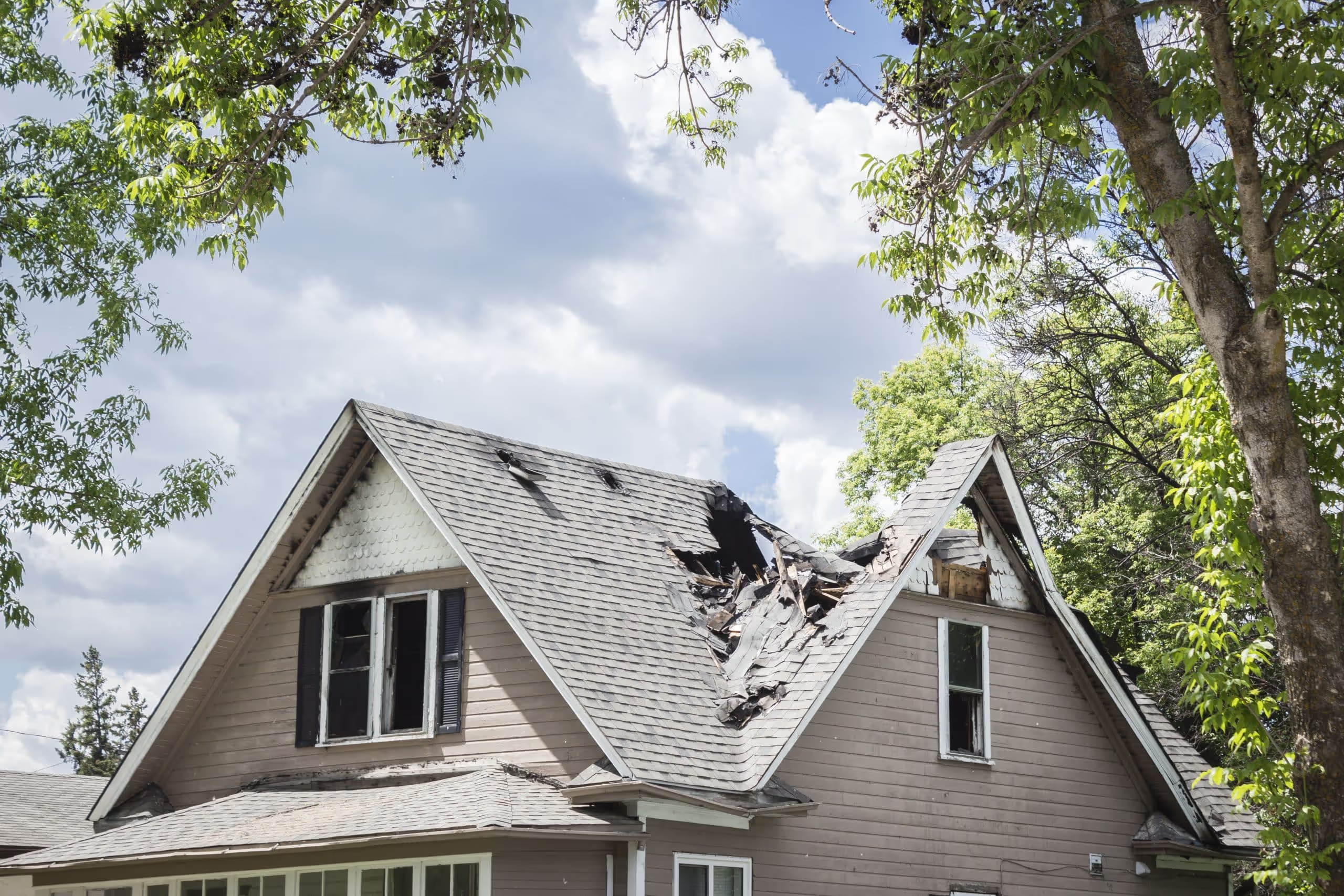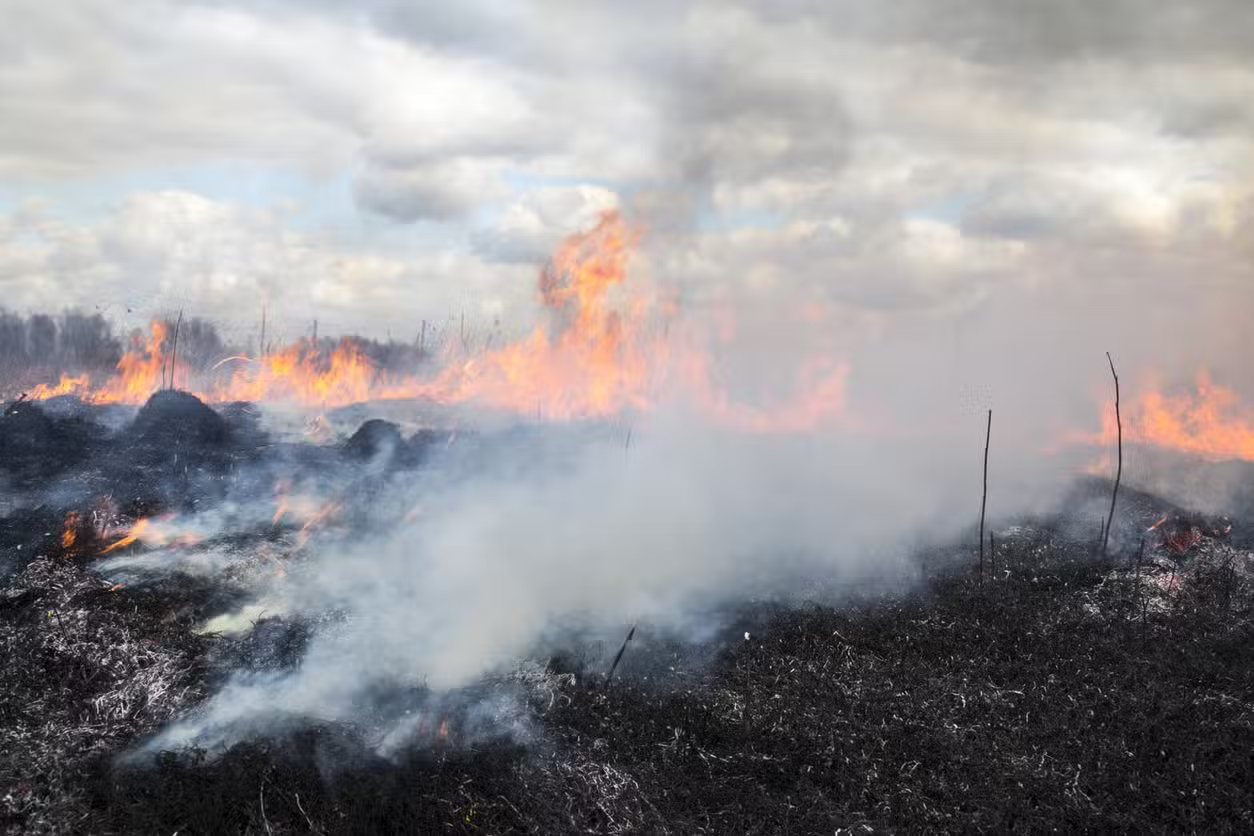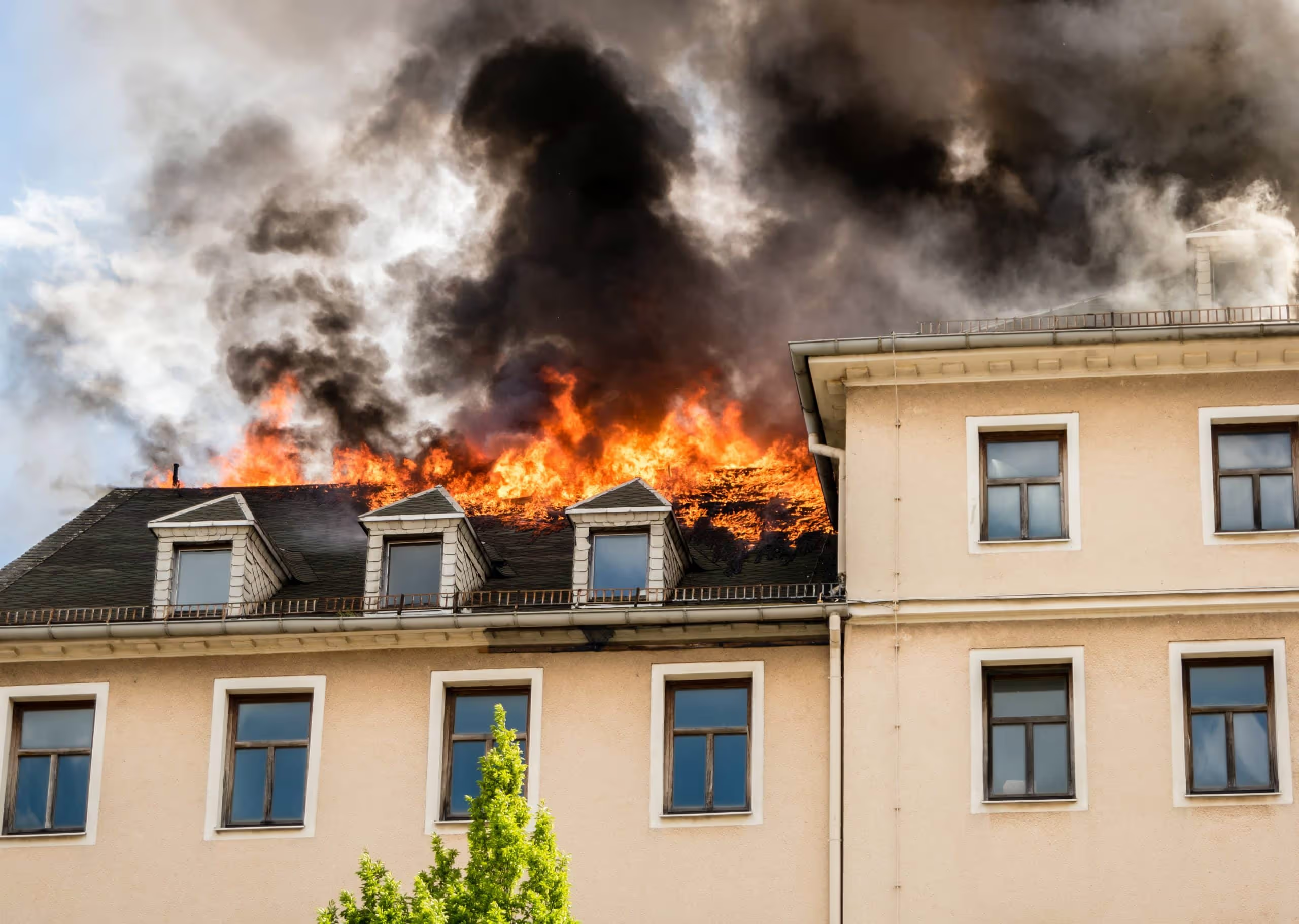Wildfires have become increasingly destructive in recent years, devastating homes, businesses, and communities across the country. In the aftermath of such disasters, many victims find themselves overwhelmed, not just by the damage, but by the complexity of insurance claims, legal liability, and rebuilding processes. Wildfire damage legal assistance can help you assert your rights, secure compensation, and recover more quickly and completely.
When facing delayed claims or denied coverage, don’t hesitate to consult a fire damage attorney with experience in wildfire litigation. Legal guidance can help you cut through red tape and get the support you need.

What Are Your Legal Rights After a Wildfire?
If your property was damaged or destroyed in a wildfire, you have the right to:
- File an insurance claim for structural damage, personal belongings, and additional living expenses
- Seek coverage for smoke, ash, and soot damage even if your home did not burn
- Pursue legal action against utility companies or third parties found liable for causing the fire
- Access government disaster relief programs when private insurance falls short
Your rights also include protection from bad faith insurance practices. Insurers must investigate claims promptly, explain coverage decisions, and pay valid claims within state-mandated timelines.
When Should You Seek Legal Help?
Not every claim requires an attorney, but you should seek legal assistance if:
- Your insurer denies or undervalues your claim
- You experience unreasonable delays in communication or payment
- You’re unsure about the full scope of your coverage
- You want to explore lawsuits against third parties responsible for the fire
- You’re part of a class action or mass tort involving utility-caused wildfires
Legal teams can help document losses, challenge lowball offers, and hold responsible parties accountable.
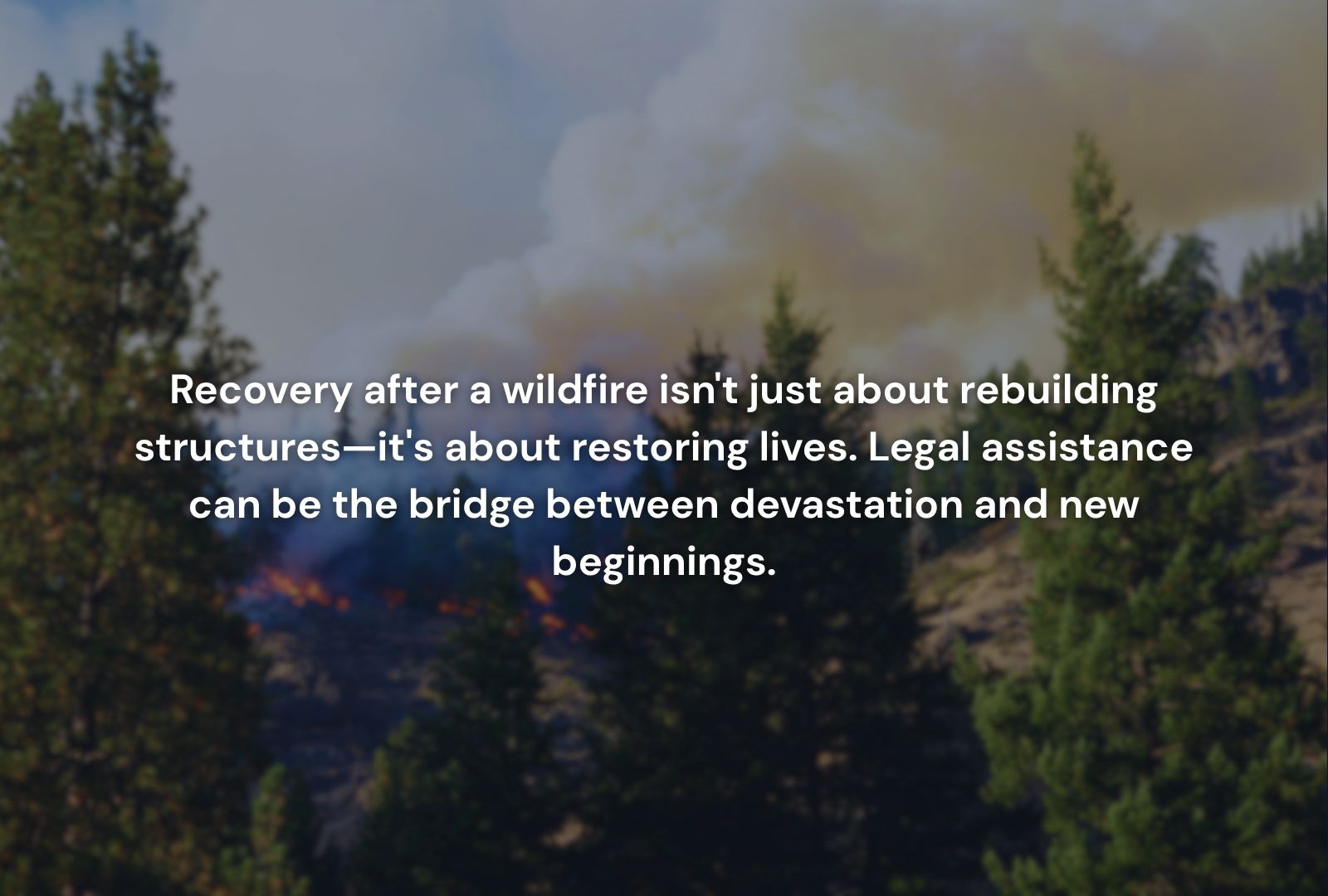
What Legal Assistance Typically Includes
Wildfire damage attorneys assist with more than just lawsuits. They offer comprehensive support, including:
- Reviewing insurance policies and interpreting coverage
- Filing detailed, accurate claims and appeals
- Coordinating expert inspections and damage valuations
- Negotiating settlements with insurers
- Representing you in litigation, if necessary
In large-scale fire events, attorneys often work with multiple homeowners simultaneously to increase leverage during negotiations.
Additional Recovery Resources
Besides legal support, many homeowners rely on federal, state, and local resources after a wildfire. These may include:
- FEMA disaster assistance for uninsured losses
- State housing support and emergency grants
- Nonprofit organizations offering rebuilding aid, food, and temporary shelter
- Public adjusters or restoration specialists to help evaluate the true cost of damage
These resources can supplement insurance claims and help stabilize your situation while legal matters are pending.
Related Topics Worth Exploring
Recovering from wildfire damage involves many overlapping concerns. Learn more about:
- Fire damage claim settlements: Understand how average payouts are calculated and how to negotiate for more
- Smoke damage claims: Even if your home didn’t burn, smoke infiltration can lead to major property damage
- Fire damage restoration: The step-by-step rebuilding process that begins once safety and legal issues are under control
Each of these topics will help you navigate the post-wildfire process with greater clarity and control.
Conclusion
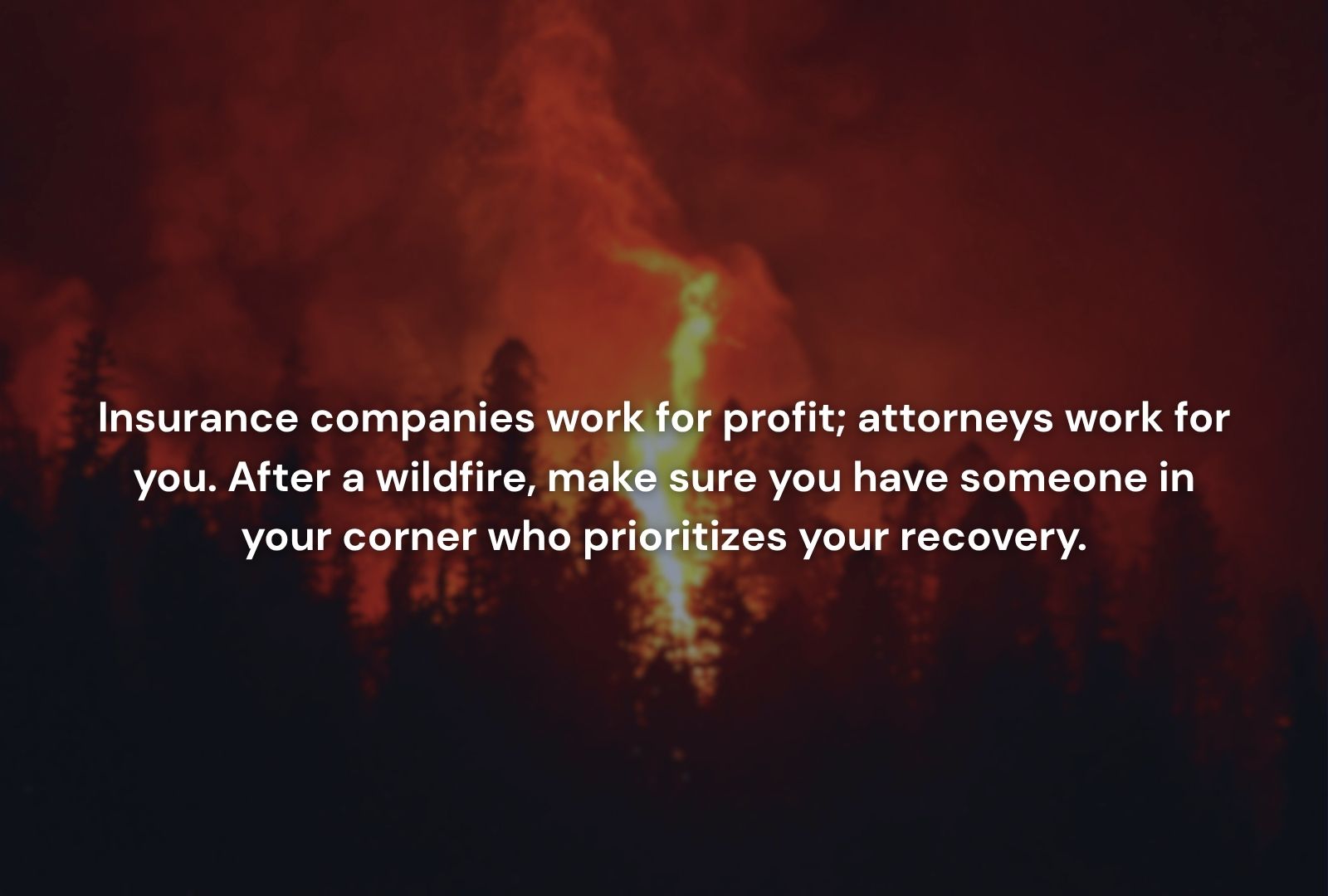
Legal assistance after wildfire damage is more than just courtroom representation, it’s a lifeline during a time of confusion and hardship. From filing accurate insurance claims to pursuing legal action against negligent parties, a wildfire damage attorney can help you make informed decisions, avoid costly errors, and accelerate your recovery. Knowing your rights is the first step toward rebuilding your life after disaster.


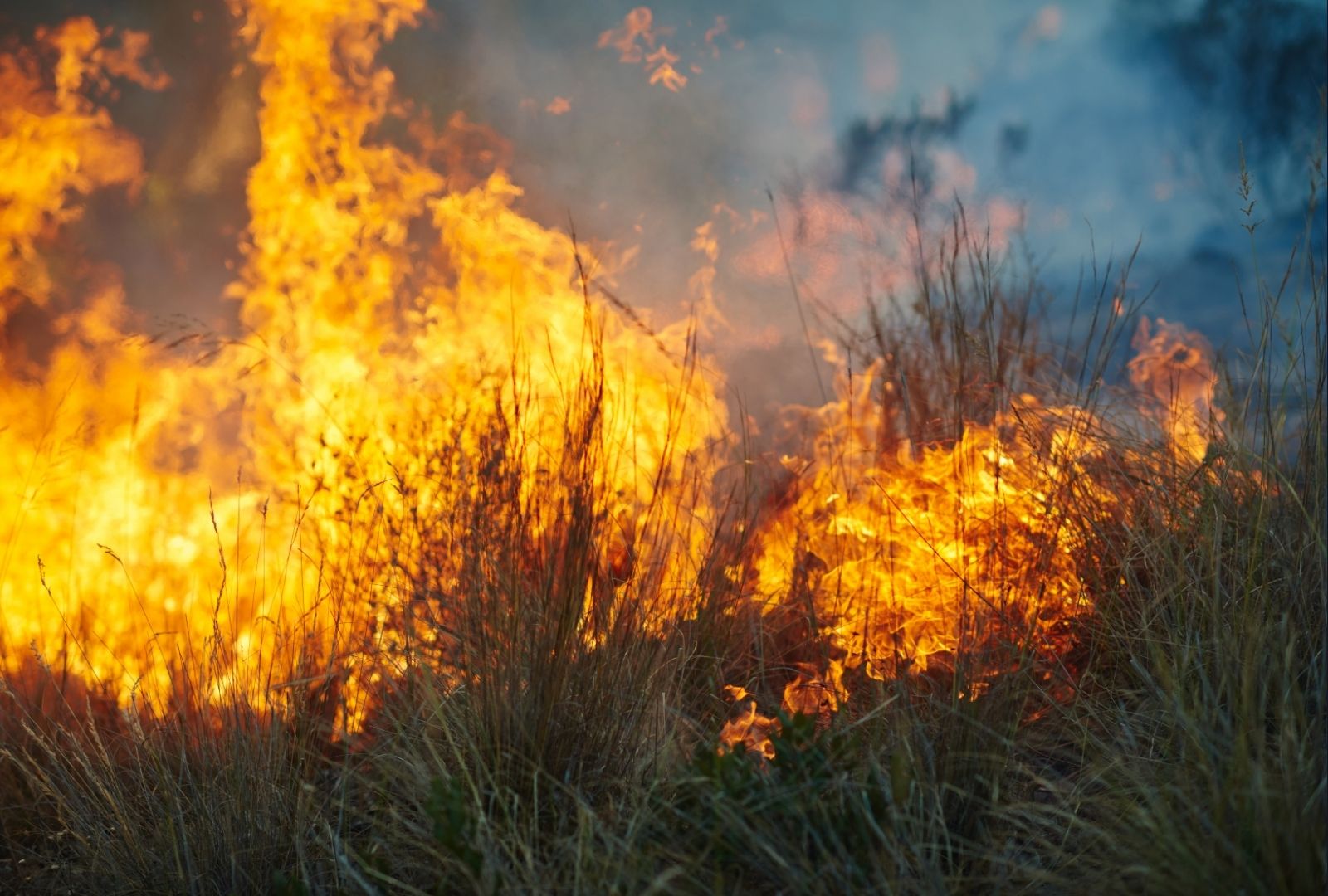
.avif)
